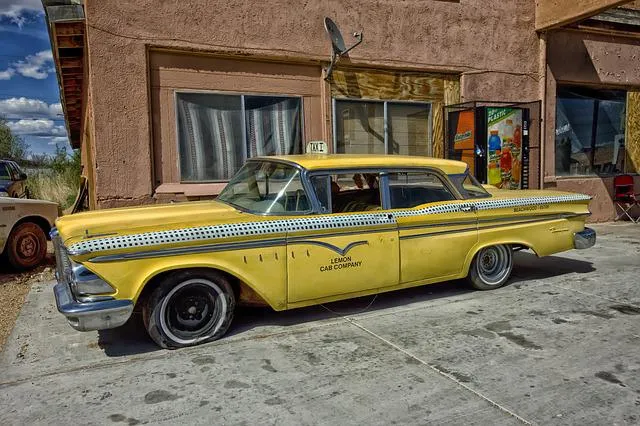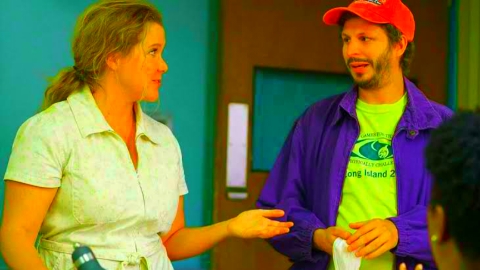The BMW Group has been added to the list of automotive groups that have joined the project “Responsible Lithium Partnership“to make lithium mining sustainable in Chile. This is a project launched in the spring of 2021 by BASF, the Mercedes Group, Daimler Truck, Fairphone and the Volkswagen Group. The aim of the project, which has a duration of 3 years, is that of “reach a collective understanding on responsible management of natural resources with local interest groups and develop a plan for the future of the Salar de Atacama saltworks in Chile“.
Basically, the aim is to find the best solutions to be able to extract lithium in that area. Lithium which, remember, is very important for electric cars. The BMW Group is keen to underline that the project it joined “does not promote the supply of lithium or the purchase or sale of mineral raw materials“.
BMW also announces that it will contribute to this initiative by sharing scientific results on the impact of lithium extraction on water resources in the Salar de Atacama in Chile. These data come from a study that the German group together with BASF had already commissioned to end of 2020 at the University of Alaska Anchorage and the University of Massachusetts Amherst.
The aim of this analysis was to achieve a better scientific understanding of the interdependencies between freshwater and lithium brine layers, evaluate various existing technologies, and acquire the skills to evaluate sustainable extraction. The study provides, BMW points out, a scientific basis for future lithium sourcing decisions.
The Responsible Lithium Partnership project is coordinated by the German agency for international cooperation.
Representatives of lithium and copper mines, agriculture, tourism, indigenous communities and the government are invited to join a local multi-stakeholder platform where measures can be developed together. A further goal is to develop a joint action plan to improve the long-term management of natural resources and implement the first steps.


